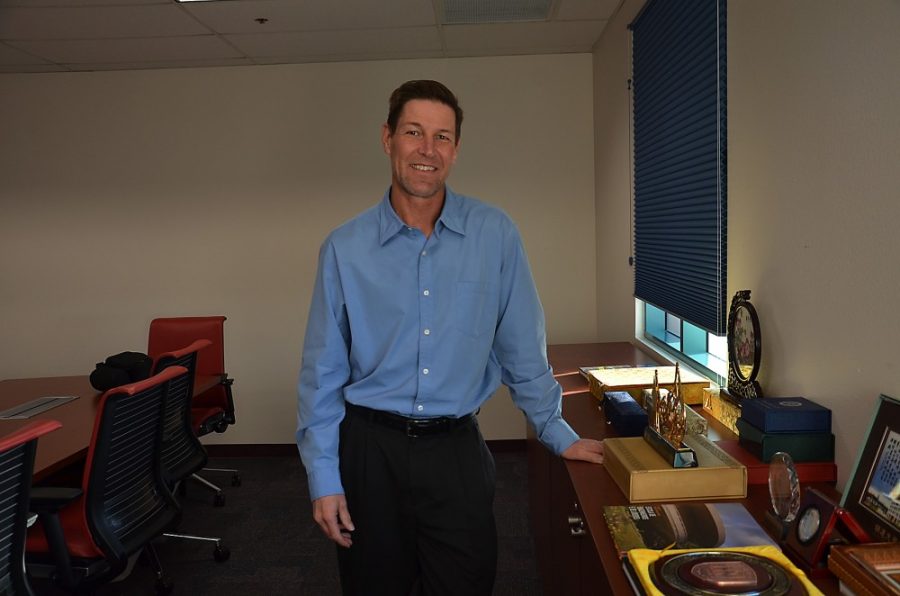The UA will be teaming up with Brazil this year as part of an international program aimed to boost cooperation with higher education institutions in the country.
The International Academic Partnership Program, created by the Institute of International Education, helps facilitate partnerships between U.S. universities and higher education institutions in emerging countries – such as Brazil, India and China. The UA is one of 16 U.S. institutions chosen for the Brazil program.
The UA applied for the Brazil program because of its past collaborations and activities with the country, according to Mike Proctor, vice president of UA Global Initiatives. These activities include studying climate change, regional development and a study abroad program. Proctor said the past programs haven’t developed as constructively as they could have.
“[The past collaborations] have evolved over time, somewhat haphazardly,” Proctor said, “and [were] not always leveraged to the highest strategic benefit.”
Proctor said the UA was drawn to the IAPP for Brazil because it could provide the opportunity to do more work in the South American country than they’re doing now.
IAPP plays the role of matchmaker in partnering institutions with similar goals and capacities, Proctor said. IAPP will work with each institution, including the UA, to develop a customized strategy for how to engage with Brazil.
The program contains a number of core components, according to Daniel Obst, deputy vice president at IIE for International Partnerships in Higher Education. This includes the development of a task force by the UA for a strategic planning process, a study tour to Brazil in the spring and the appointment of a mentor to advise the UA through the process.
Proctor said there would not be a significant increase in activity by the UA this year. A great deal of the work this year will revolve around better learning the proposal process for working with institutions in Brazil, Proctor said. The program will give the UA a chance to better understand how to work with funding agencies for Brazilian higher education so the proposals can be submitted.
“The goal of it [IAPP] is to create a substantive, binational partnership that goes beyond the traditional signing of an agreement where everyone takes pictures and then you don’t do anything,” Proctor said.
With funding from the Department of Education, Obst said, IAPP was launched five years ago as a yearly program with a focus on developing partnerships with China and India. The success of these two programs led to its expansion into other emerging countries.
The IIE looks for certain criteria in its IAPP applicants, Obst said. The program looks to select institutions that show a commitment to engaging with the partner country and a capacity to develop strong partnership programs with institutions in the country.
“We’re not looking for institutions that already have a tremendous amount of activity [with the country] but actually where there’s not so much yet going on,” Obst added.
The Brazil program began two years and demand has been high among U.S. institutions in partnering with the country, Obst said.
“Higher education institutions are paying great attention to Brazil because it is such a large country,” Obst said.
“It is an emerging economy and there are all kinds of world events taking place there soon.” Brazil is set to host the FIFA World Cup this summer and the Olympics in 2016.
Obst said Brazilian higher education is on the rise as well with its institutions seeking out partnerships with U.S. universities.
“Brazil is a key country in international education,” Obst said, “and it’s great to see the University of Arizona is participating in the program.”
One of the primary goals is reaping the mutual benefits that can be shared through cooperation with Brazil’s higher education system, according to Proctor.
“Universities are inherently about knowledge empowerment and knowledge creation,” Proctor said. “That is not something that is restricted by a geographic boundary.”








